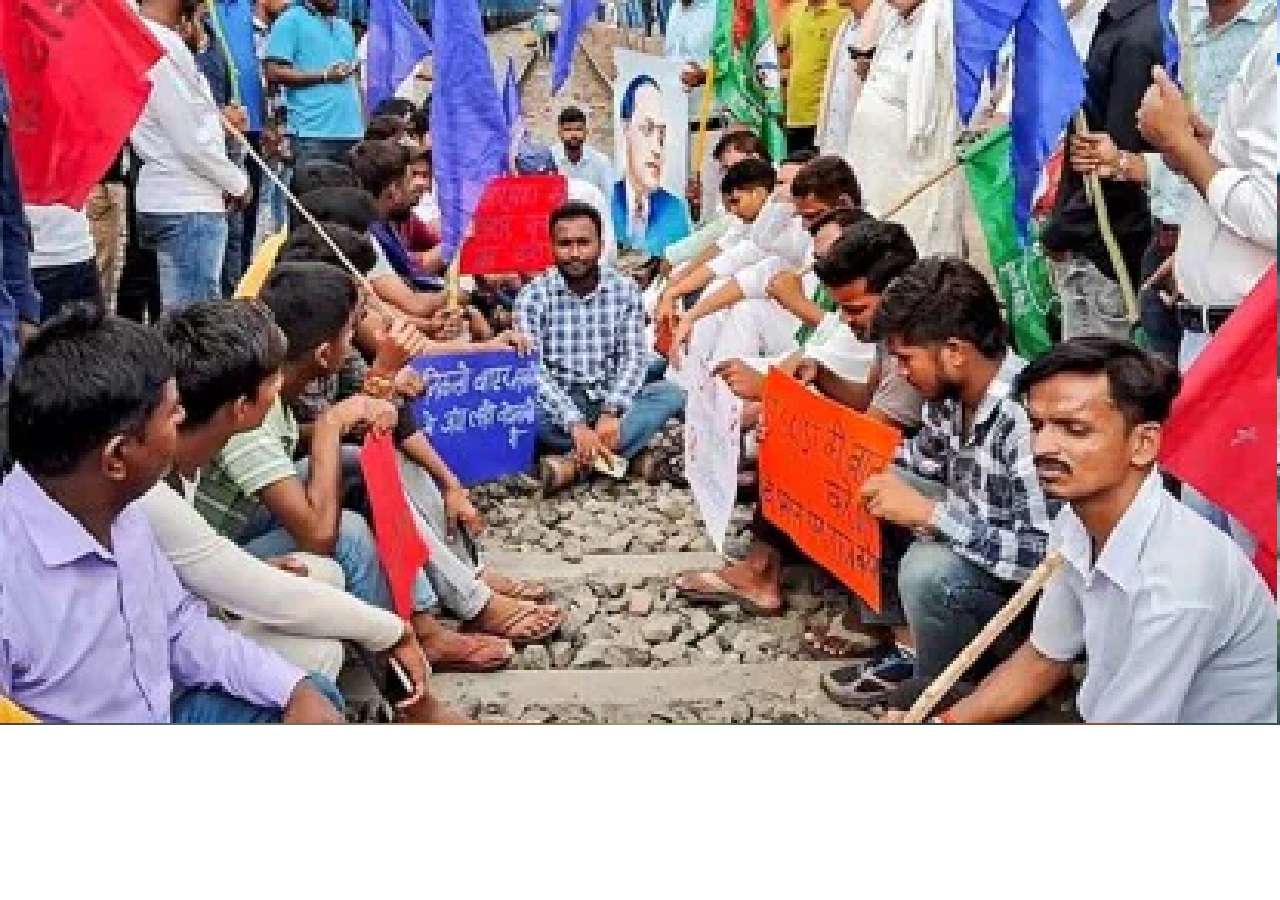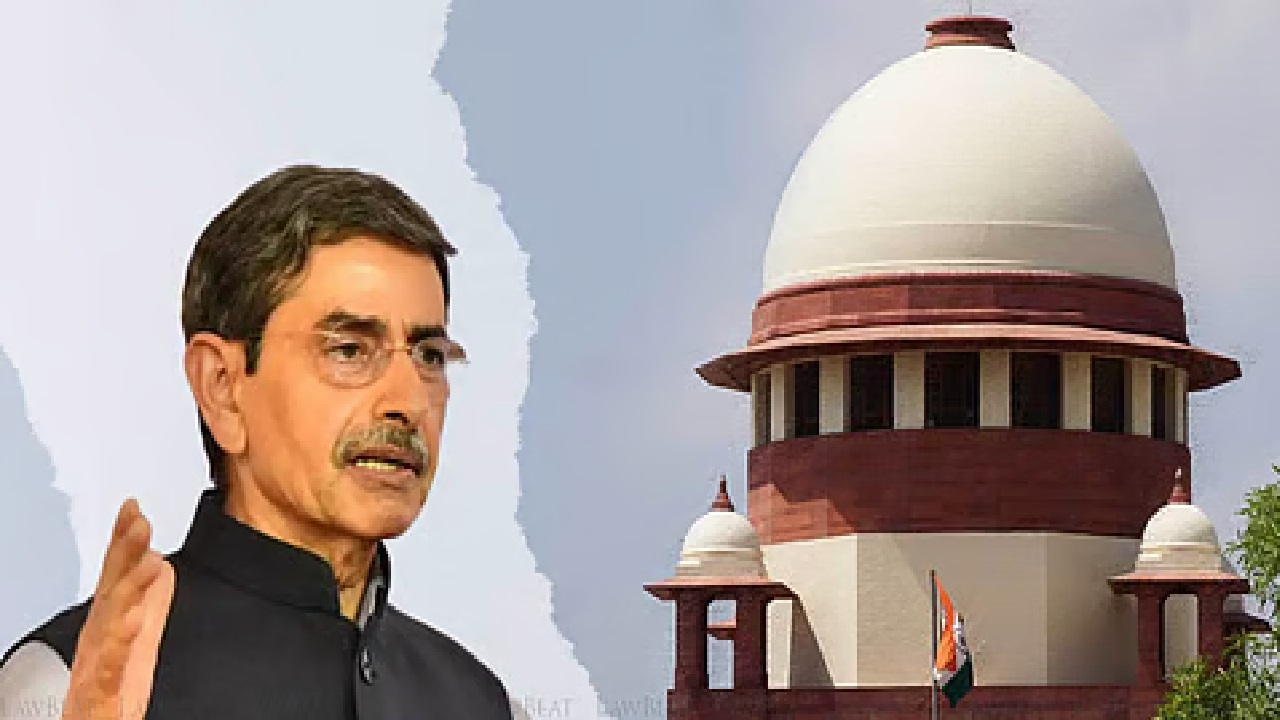Statewide Protests Disrupt Normal Life
Odisha witnessed widespread disruptions as the dawn-to-dusk ‘Bharat Bandh,’ called by various Dalit and Adivasi organizations, brought normal life to a standstill on Wednesday. The 12-hour strike, led by the Bhim Army, the National Confederation of Dalit Organisations (NACDAOR), Odisha Adivasi Kalyan Mahasangha, Adivasi Ekta Parishad, and other groups, aimed to demand stronger representation and protection for marginalized communities. The bandh significantly impacted the movement of trains, trucks, and other vehicles across the state.
Picketing and Blockades at Key Locations
Though the bandh evoked a lukewarm response overall, supporters staged picketing and blockades at various locations throughout Odisha. Protestors halted the Sambalpur-Puri and Sambalpur-Rayagada Intercity Express trains at Sambalpur-Khetrajpur station, causing delays of about 30 minutes before the trains were allowed to continue their journeys. Vehicular traffic was disrupted in several areas, with protesters picketing at railway stations, bus stands, and major stops, particularly in cities like Bhubaneswar, Sambalpur, Rourkela, and Rayagada.
In Bolangir town, members of the Joint Action Committee of Scheduled Castes and Tribes organized road blockades early in the morning, shouting slogans and protesting in front of the district head post office. Despite the disruptions, no untoward incidents were reported from any part of the state, and emergency services, including ambulances, continued to operate without interruption.
Limited Response but Significant Impact
While the bandh saw limited participation, its impact was felt in key areas. Academic institutions remained closed, and public transportation services were severely affected in certain regions. However, most offices and business establishments remained open, and the bandh did not receive widespread support across the state.
Shops, shopping malls, and traders’ associations in districts like Bolangir, Subarnapur, Jajpur, and Angul extended their support to the Dalit and Adivasi organizations, further amplifying the impact of the bandh in these areas.
Protest Against Supreme Court Ruling
The Bharat Bandh was called in response to a recent Supreme Court ruling on SC/ST reservations, which allowed states to create sub-categories within these groups. Dalit and Adivasi organizations argue that this decision threatens the constitutional rights of Scheduled Castes (SCs) and Scheduled Tribes (STs). They demand wider representation in jobs and education, as well as stronger protections for their communities.
NACDAOR, one of the leading organizations behind the bandh, has released a list of demands, urging the government to reject the Supreme Court’s judgment. They are also calling for a new Act of Parliament on reservations for SCs, STs, and Other Backward Classes (OBCs), which would be protected by inclusion in the Ninth Schedule of the Constitution.
Security Measures in Place
In anticipation of potential unrest, security was heightened across Odisha. Law enforcement agencies were deployed to monitor the situation and ensure that the bandh remained peaceful. Despite the significant disruptions caused by the protest, the bandh concluded without any major incidents.
As the day came to a close, the demands of the Dalit and Adivasi organizations remained at the forefront of public discourse. The protest highlighted the ongoing struggle for equal representation and protection for marginalized communities in India, raising questions about the future of reservation policies and their implementation.
(With inputs from agencies)








